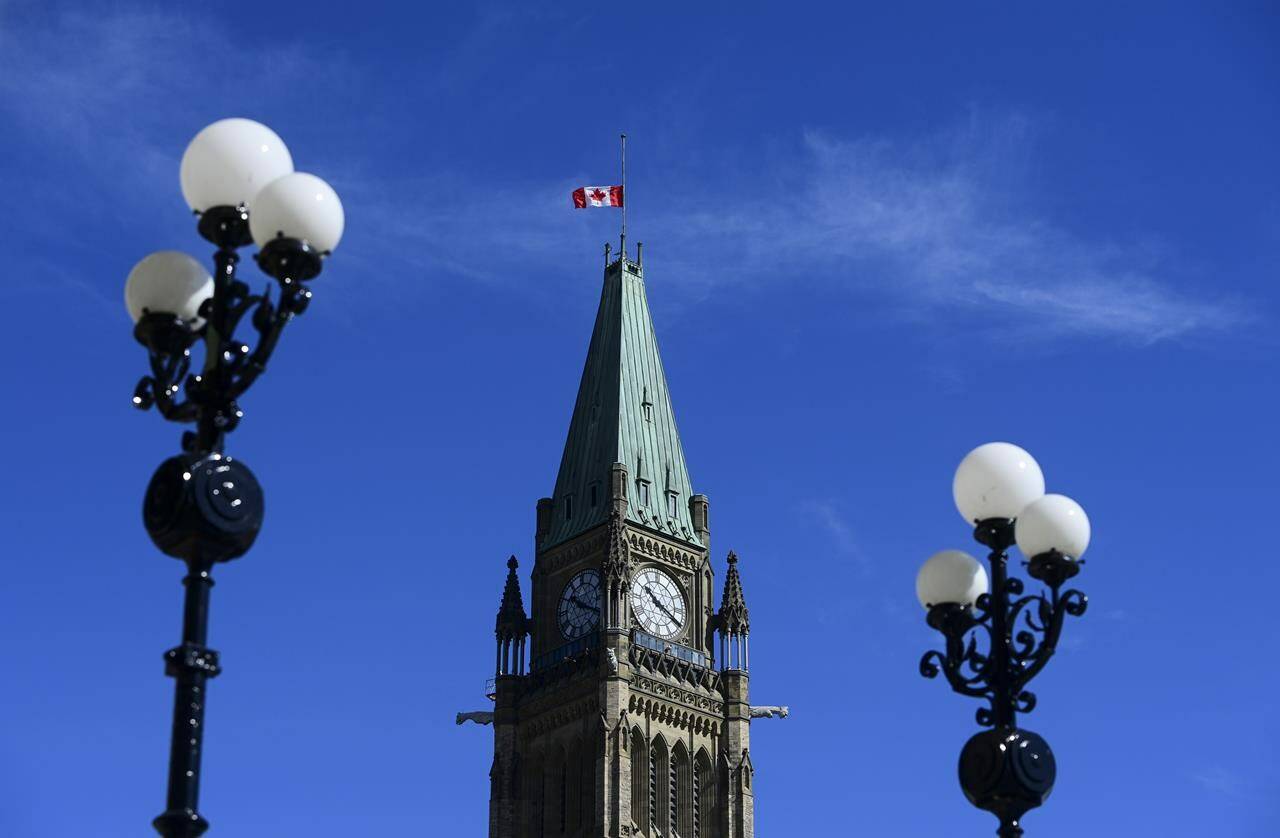I’m writing this column before the results of the federal election is known – but I feel pretty confident in saying that Erin O’Toole, Jagmeet Singh, and Justin Trudeau did not settle their differences with rifle brigades and light artillery.
The main advantage of representative democracy is that it’s a lot less stabby than most other forms of government. Look at any history of hereditary rulership, and you find a lot of kings and emperors who didn’t die peacefully in their beds – and for every king who was beheaded, poisoned, or defenestrated, there were thousands of peasants getting killed in the wars to decide who got to wear the big shiny crown.
Democratic governments, which allow non-violent transfers of power between leaders and give the public at least a modicum of choice in the matter, are much more stable. If you and your buddies get thrown out of power, well, you can try again in four or five years. There’s no need to start murdering people.
“Less stabby” however does not mean there are never violent overthrows or sudden collapses of democratic countries.
Democracies have collapsed many times over the last century.
Most of the European governments that were ruled by Fascist or autocratic regimes in the early 20th century had been democratic, to one degree or another. (Many of these countries restricted voting for much of their history to only men, only property owning men, etc., but then, so did governments in Canada, the U.S., and Britain). But they shattered, under the weight of various pressures, including war, racism, inequality, and economic crisis. When the democratic governments lost the confidence of too many citizens, demagogues could use a mixture of propaganda and violence to seize power.
READ ALSO: Painful Truth – Election no time for odd ideas
We have a tendency to think that Canada won’t ever be subject to pressures like those. We’re prosperous by almost standard, and we’re pretty long-lived as measured by the lifespan of modern democracies. Very few are as old as the 154 years Canada has racked up so far.
But our history has also left us with many divisions, with people who’ve been left behind, with economic inequality, with differences based on language and ethnicity.
Democracies can be overthrown suddenly, or they can be ground down until only the outward forms of democracy remain. Russia held its vote this week, too, but no one seriously believes anyone but Vladimir Putin will hold power afterwards.
There is no certain method of preserving a democracy in the face of powerful, destructive forces. The best I can figure is that the same forces that make democracy better – an active citizenry that holds leaders accountable and pushes for the preservation and expansion of rights – is also the best bulwark against the erosion of democracy.
Older, aristocratic cultures used to scorn democracy as an engine of chaos. But it’s the opposite. The wider you make public participation, the more leaders have to take account of their citizens’ needs. The more citizens who have a real stake in the democratic process, the more stable – and less stabby – government becomes.
Have a story tip? Email: matthew.claxton@langleyadvancetimes.com

